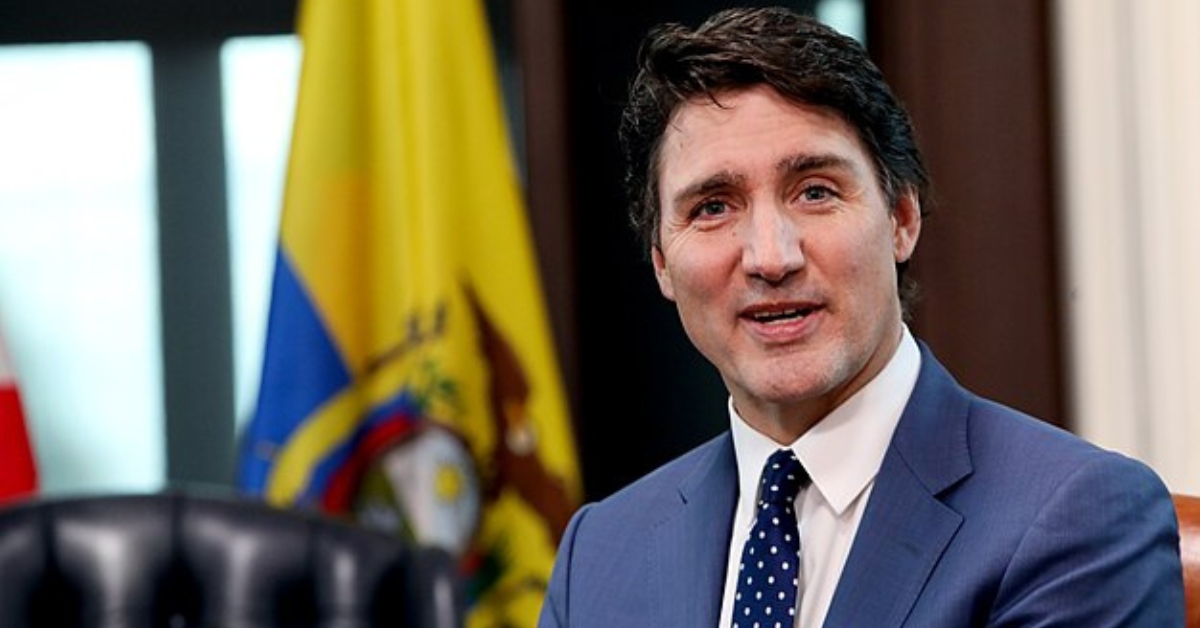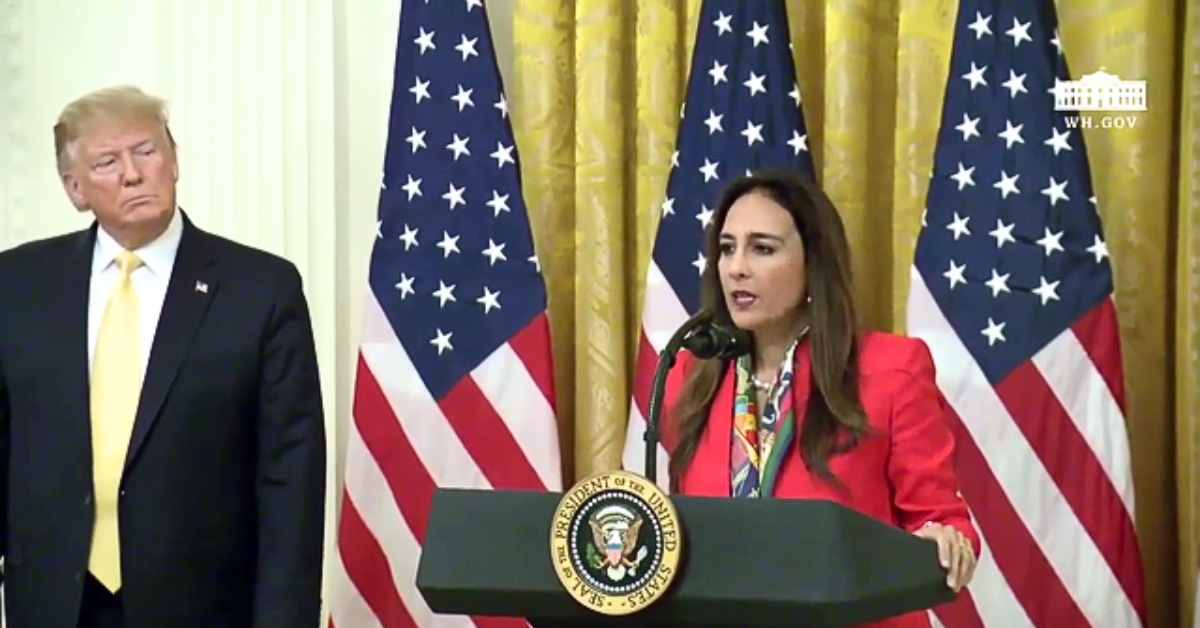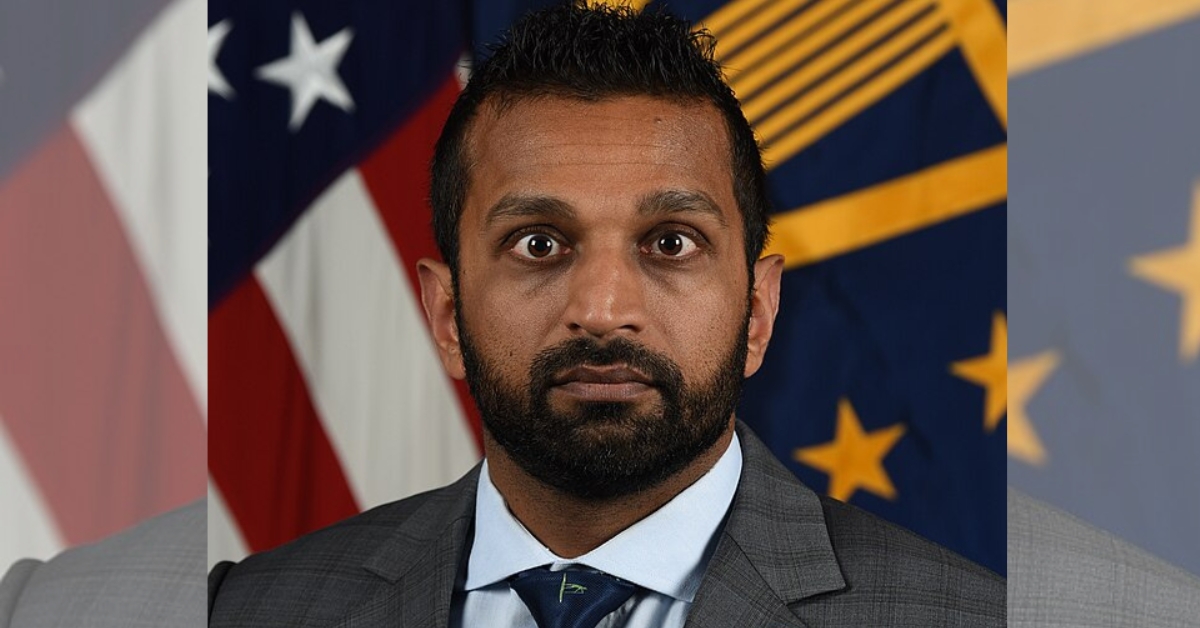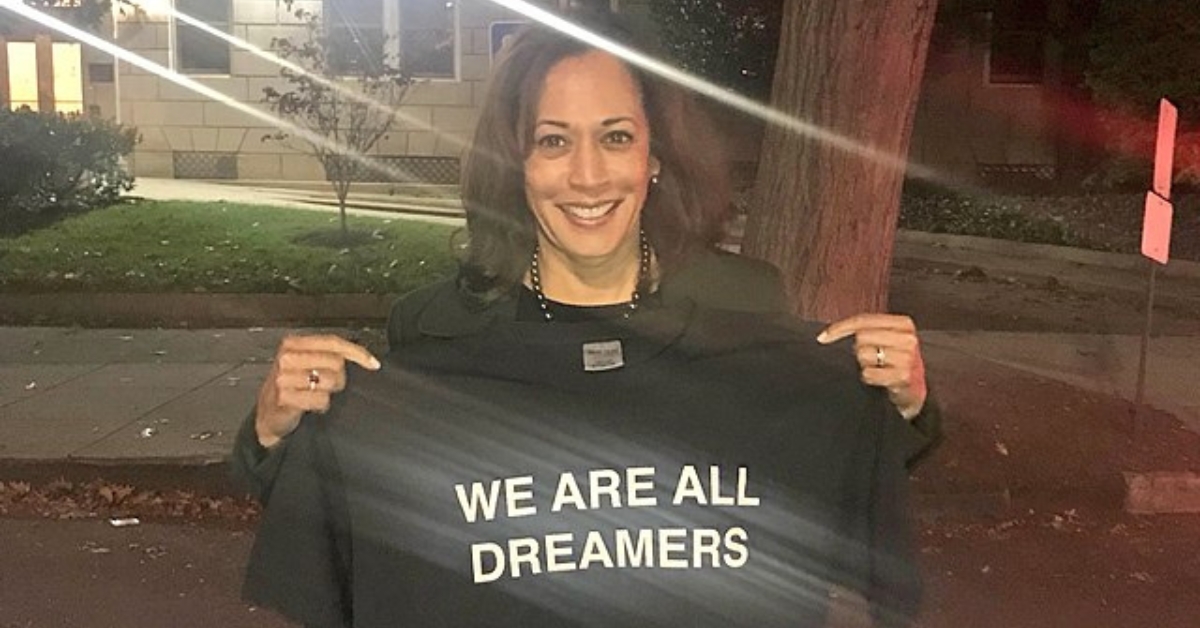
Macron Calls for Early Election as Conservatism Grows in EU
In a dramatic response to his party’s crushing defeat in the European Parliament elections, French President Emmanuel Macron has announced he is dissolving the National Assembly and calling for a snap legislative election. The announcement signifies a pivotal moment in French politics, particularly after the far-right National Rally party surged ahead in the polls, signaling a profound shift in public sentiment away from Macron’s liberalism. It is clear to the woke elite in office that the people want conservative leadership, and they are scared.
Macron, in a rather solemn address from the Élysée Palace, stated, “I’ve decided to give you back the choice of our parliamentary future through the vote.” Clearly, this is an attempt to reset the political landscape in France, as he scheduled the elections for two rounds on June 30 and July 7. This move underscores the urgency and the stakes at play, as Macron reacts to a seismic political upset.
This decision is a last-ditch effort by Macron to regain control and steer France away from a growing tide of populism that has favored the far-right. The shift in public opinion, as evidenced by the election results, suggests a profound disillusionment with the status quo and a growing appetite for more conservative governance that directly challenges Macron’s vision for France within the European Union.
Macron’s maneuver to dissolve the National Assembly reflects a broader trend seen across Europe and indeed globally, where traditional political elites face increasing pressure from populist movements. These movements often capitalize on public discontent with issues like immigration, national sovereignty, and economic policies perceived as favorable only to the elite.
The implications of Macron’s decision are profound, not just for France but for the EU as a whole. If the far-right continues to gain ground, it could dramatically shift France’s policy directions, particularly regarding issues of national identity, immigration, and France’s role in the global order. It’s a clear signal that Macron and his woke counterparts across Europe recognize the growing populist movements that appeal to a populace eager for leadership that actually cares about its people.
As the elections approach, it is evident that Macron is betting it all on a renewed mandate from the public. However, this move could either revitalize his agenda or end his political career. The underlying message is clear: the elite are fearful as they see their traditional grip on power being questioned, and they know that only a return to policies that genuinely serve the public interest can stave off the rise of conservative populism that promises to reshape the political landscape.














